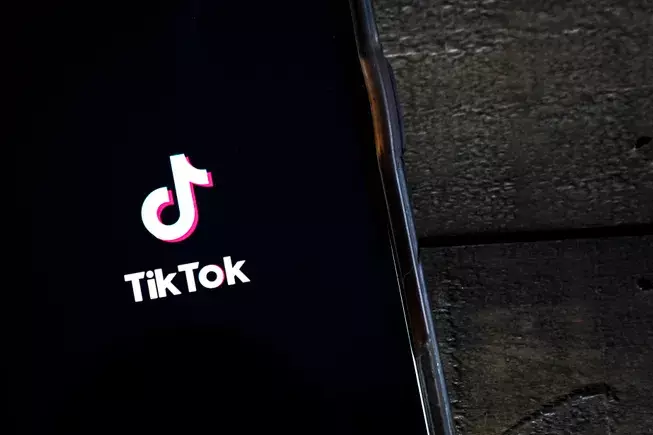In the ongoing chess match between TikTok’s Chinese origins and U.S. regulatory ambitions, a bold move has surfaced—an entirely separate version of TikTok tailored exclusively for American users. Termed internally as “M2,” this development indicates a strategic pivot that could redefine how the platform is accessed and controlled within its largest market. The creation of a U.S.-only app suggests that TikTok is not merely bending to legislative demands but actively shaping its future operating model. Such a move raises a fundamental question: can a platform that thrives on sophisticated algorithms and global interconnectedness truly compartmentalize to meet national security and data sovereignty concerns?
This move appears driven by more than regulatory compliance; it’s a testament to TikTok’s recognition that the digital landscape is increasingly territorial. By launching “M2,” TikTok aims to retain its user base in the U.S. while potentially easing regulatory pressures, but at what cost? The new version, expected by early September, could harbor changes that diminish the app’s core engagement tools—especially its revered algorithm—raising doubts about whether user experience will suffer or adapt successfully. The critical issue is whether the cut-off from the platform’s underlying algorithmic magic will dilute TikTok’s addictive nature—a feature that turned it into a cultural phenomenon—and whether users will accept a less personalized experience.
Strategic Alliances and the Impact of Political Movements
The timing of this technical pivot coincides with political developments. Recently, U.S. President Donald Trump announced that a buyer consortium had been identified, making it sound as if a deal was imminent. While official details remain scarce, this signals a clear push from the U.S. government to accelerate the privatization or transfer of TikTok’s U.S. assets. Trump’s repeated delays in enforcing a forced sale raised questions about the political will to dismantle TikTok’s American operations, but with the new moves afoot, it appears a compromise could be forthcoming.
The prospect of a sale to a group of “very wealthy” Americans implies a shift away from Chinese ownership or control, aligning with national security concerns but also with broader economic motives. This development could potentially allow TikTok to continue operating smoothly in the United States—if the proposed deal includes safeguards like limited algorithm sharing or control structures—as a way to appease regulators while preserving the app’s core functionalities. Yet, the delicate balance between compliance and innovation will be tested; sacrificing algorithmic control might undermine TikTok’s unique value proposition, risking a decline in engagement and creative vitality.
The Future of Data Privacy, Control, and Cultural Influence
Creating an isolated, U.S-specific TikTok could forge a new precedent for how global platforms adapt to geopolitical tensions. The Chinese government’s steadfast stance that the algorithm cannot be sold or separated from the app underscores the importance of the backend technology in TikTok’s success. If the platform is truly split into two entities—one controlled by U.S. interests with limited algorithm access—the question becomes whether this approach can sustain the same level of addictive engagement that has skyrocketed TikTok’s popularity globally.
Furthermore, this strategic divergence raises profound implications about data privacy and control. Will the U.S.-only version be more transparent and secure, or will it simply shift the locus of control to American hands, potentially creating a more insular and less innovative ecosystem? The possibility exists that TikTok’s parent company may strategize to maintain minimal algorithm sharing, respecting U.S. sovereignty while risking the product’s cultural and entertainment appeal. Consequently, the very factors driving TikTok’s success—its personalized feeds, viral trends, and AI-driven content curation—could be compromised, possibly leading to a plateau in growth and influence.
As the tug-of-war between regulatory demands and technological innovation unfolds, one thing remains clear: TikTok’s next chapter in America will serve as a testing ground for the future of global social media platforms navigating complex geopolitical landscapes. Will it be possible to preserve the app’s addictive core while satisfying national security concerns? The trajectory remains uncertain, but what is certain is that these developments mark a pivotal moment—one that will likely influence digital platform control and data sovereignty worldwide for years to come.

